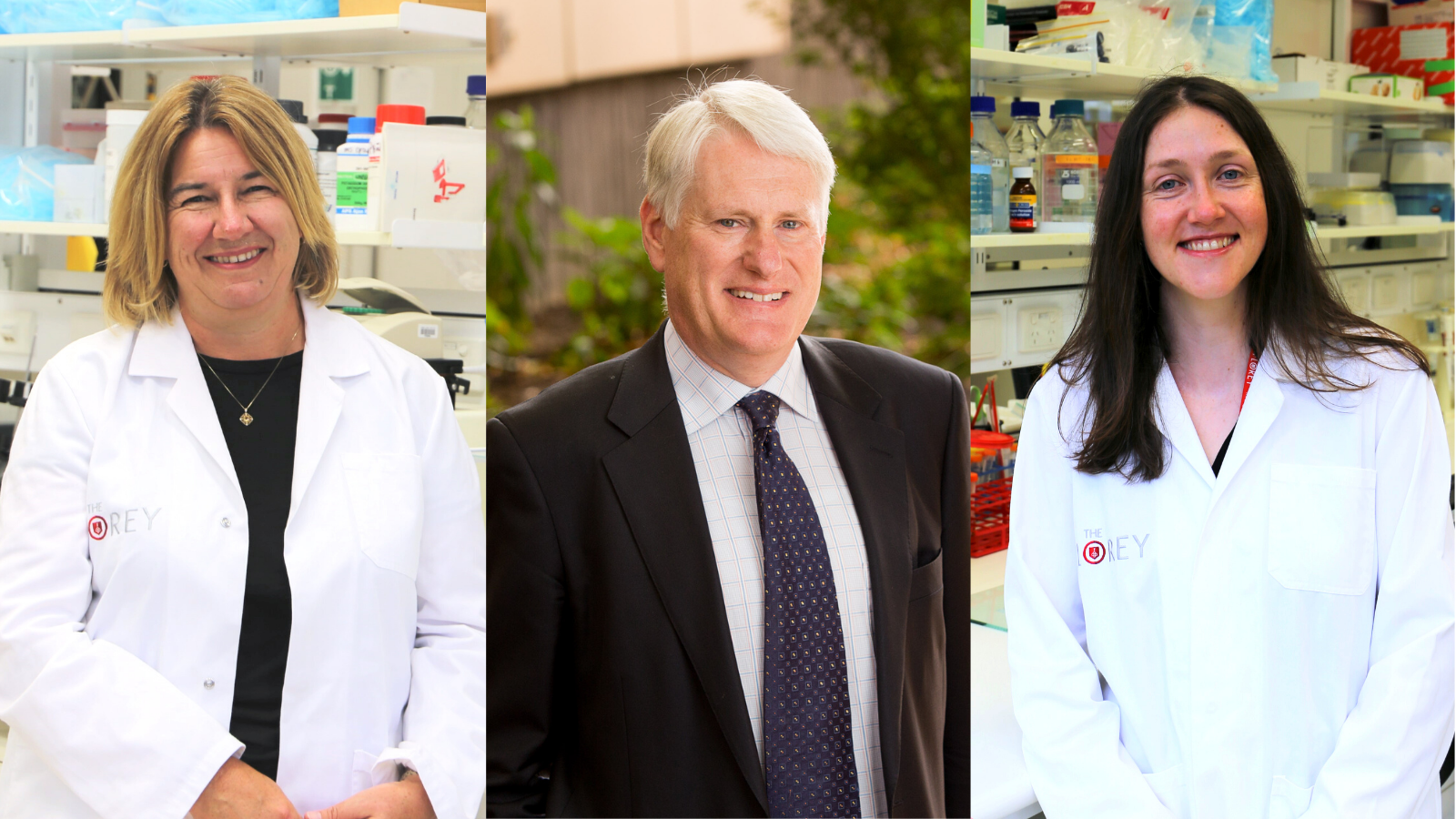Currently, there is no known single cause or cure for the 25,600 Australians living with the condition – something that the researchers are working tirelessly to change.
Professor Trevor Kilpatrick, Clinical Director at The Florey Institute, is working to develop tests to detect and stop the hidden progression of MS. Co-awarded funding and working alongside Professor Tomas Kalincik from the University of Melbourne, their investigation aims to develop a therapy to target progressive MS by modifying the behaviour of the immune system within the brain.
“Our work will ensure that people with progressive MS benefit from advances in therapies that modify the immune system. We hope this investigation will set the scene for translation into a research program that can be offered to people living with MS, helping to detect and stop the progression of MS before it is irreversible,” said Professor Kilpatrick.
Further research is being conducted by The Florey Institute’s Head of Neuroimmunology and Remyelination Laboratory, Ms Michele Binder, who is using stem cells to develop a ‘brain in a dish’ model to test new MS therapies.
“One of the major challenges in drug discovery is translating promising therapies from pre-clinical animal models to clinical use. To bridge this gap, new ‘mini brain’ models of myelin damage and repair using human stem cells are crucial to increase the chance of success and speed at which new treatments can be offered to patients through clinical trials,” explained Ms Binder.
Taking another research approach, Dr Sarrabeth Stone’s investigations focus on harnessing the protective functions of microglia, an immune cell of the central nervous system, and microRNA.
“MS is an extremely complex disease and there is a pressing need to develop novel treatments to protect the brain and promote repair in MS. My work will hopefully lead to the development of new treatments targeting progressive MS and preventing disability in people who live with the condition,” said Dr Stone.
These researchers join fellow Florey Institute researcher Dr Vivien Li in advancing MS research thanks to continued support from MS Australia. Dr Li is working to develop a therapy for MS, based on modifying cell signals to prevent immune system activation.
MS Australia today announced its largest ever grant funding of $6.9 million in new research grants.
“We’re delighted to mark our 50th anniversary by announcing this landmark funding for research aimed at areas of high need such as progressive MS,” said Rohan Greenland, CEO, MS Australia.
“Progressive MS affects 1 million people worldwide, with only a few modestly effective treatments approved. By supporting Professor Kilpatrick and Professor Kalincik and their work towards developing a treatment for progressive MS, we have a much greater opportunity to make the big gains in MS that are still so desperately needed,” said Mr Greenland.

Left to right: Ms Michele Binder, Professor Trevor Kilpatrick and Dr Sarrabeth Stone
